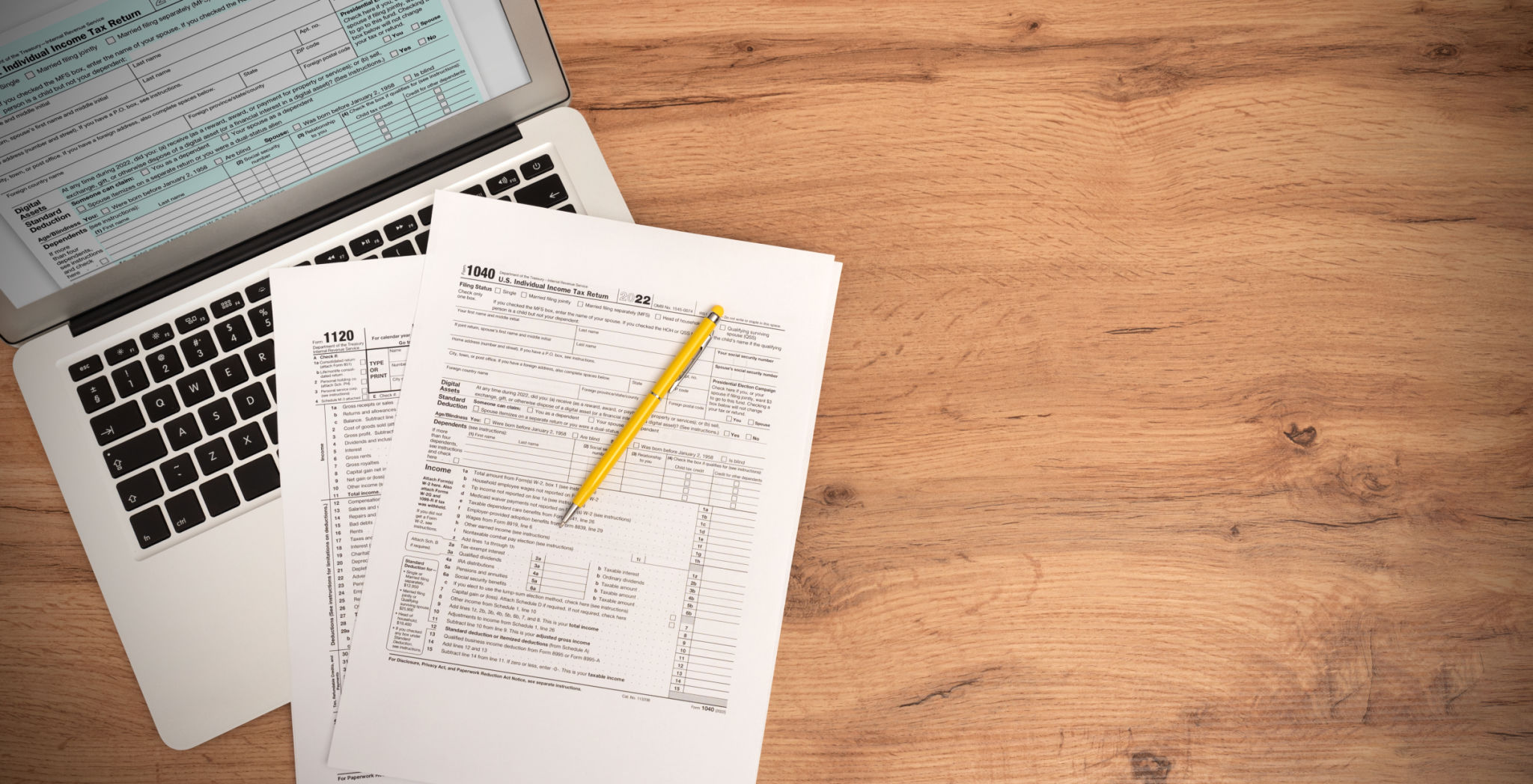Seasonal Tax Preparation Tips for Smooth Year-End Accounting
JN
Understanding the Importance of Year-End Tax Preparation
As the year comes to a close, businesses and individuals alike find themselves in the midst of tax preparation. This seasonal activity is more than just a financial obligation; it is an opportunity to review your financial health and optimize your tax strategy. Failing to prepare adequately can lead to last-minute stress and potential errors. By approaching tax preparation with a strategic mindset, you can ensure a smoother process and potentially uncover savings.
For many, the year-end signifies a scramble to gather necessary documents and make sense of financial records. However, with a few proactive steps, you can transform this hectic period into a manageable task. Implementing effective tax preparation strategies ensures that you are not overwhelmed when filing deadlines approach.

Organize Your Financial Records
One of the first steps in seasonal tax preparation is organizing your financial records. Start by collecting all relevant documents such as income statements, expense receipts, and previous tax returns. Having these documents readily available will not only speed up the process but also reduce the likelihood of errors.
Consider utilizing digital tools or apps designed for managing financial paperwork. These tools can help you keep track of expenses throughout the year, making it easier when it’s time to file taxes. Organizing documents chronologically or categorically can also aid in efficient data retrieval.
Identify Deductible Expenses
To maximize potential savings, it is crucial to identify deductible expenses. Common deductible expenses can include business-related travel, office supplies, and even certain home office costs. By keeping a detailed record of these expenses throughout the year, you can ensure you don't miss out on valuable deductions.

Review Your Tax Strategies
Year-end provides a perfect opportunity to reassess your tax strategies. This can involve reviewing your current tax bracket and considering any changes that might affect your tax obligations. Consulting with a tax professional can provide insights into potential strategies that align with your financial goals.
For businesses, this might also mean evaluating capital expenditures or charitable contributions. Both can influence your tax outcomes positively when planned appropriately within the fiscal year.
Plan for Estimated Tax Payments
If you’re self-employed or own a business, planning for estimated tax payments is crucial. These quarterly payments help you manage your tax liability and avoid penalties. Review your income from the past year and adjust your estimated payments accordingly to stay on track.

Utilize Tax Software and Professional Assistance
In today’s digital age, tax software has become an invaluable tool for simplifying the tax preparation process. These programs are designed to facilitate the accurate filing of taxes by guiding users through complex forms and calculations. Many also offer audit protection and customer support for added peace of mind.
However, for those with complicated financial situations or specific tax concerns, seeking professional assistance can be beneficial. Tax professionals offer personalized advice and ensure compliance with current tax laws.
Stay Updated on Tax Law Changes
The landscape of tax law is continually evolving. Staying informed about any changes that may impact your filing is essential. This includes understanding new deductions, credits, or regulatory shifts that could affect your tax situation. Regularly consulting reliable sources or subscribing to tax newsletters can keep you updated.
In conclusion, effective seasonal tax preparation hinges on organization, strategy review, and staying informed. By taking proactive steps now, you ensure a smoother year-end accounting process and set yourself up for financial success in the coming year.